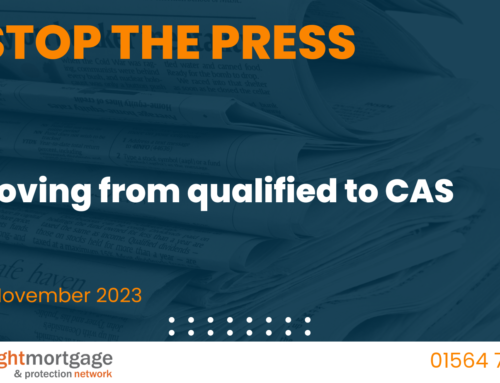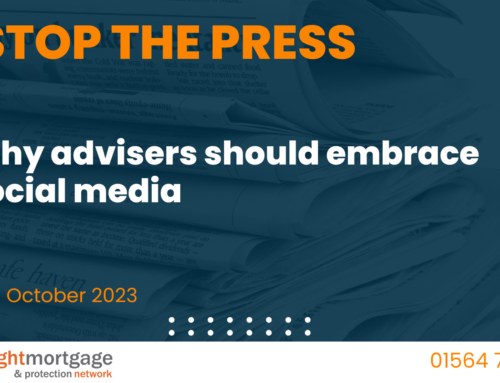In the insurance industry we talk a lot about the ‘protection gap’ – the fact that large sections of the UK population would be left exposed financially were they to suffer a financial trauma such as illness or injury that affected their ability to earn. We give it due attention for good reason. Figures from the Association of British Insurers (ABI) suggest that of the 26.7 million households in the UK, just 300,000 have an income protection policy in place.
Even after allowing for those who have some form of continuing income from their employer when illness or injury stops them working, there is an overwhelming number of people who would face a drop in income and struggle to pay their monthly outgoings – including the mortgage or rent.
So the question remains, how can we tackle the protection gap?
Strong relationships between insurers and the advisers who sell the products are vital. Providers, like Cirencester Friendly, have a strong and ongoing commitment to educate advisers as this is key to helping clients overcome the ‘waste of money’ and ‘it won’t happen to me’ mindset. This can be done through the provision of information, the development of sales tools and face to face meetings which allow advisers to best help their clients.
Overcoming the widely held, but unfounded, consumer perception that insurance policies don’t pay out is another area where work needs to be done. The use of informative claims statistics that look past the headline figures – which many providers publish these days – is a good start. The numbers, which are often above 90% for income protection, should help to dispel the notion that insurers actively look for reasons to decline a claim and demonstrate that claims do happen.
Ensuring that advisers are rewarded for their hard work in selling income protection is also important. At the beginning of 2016 Cirencester Friendly increased new business commission rates to do just that. The industry needs to engage with consumers more as a whole, replicating the way it already talks to advisers and brokers – fairly, effectively, clearly and comprehensively.
A recent idea that is being bandied around is employer led income protection through auto enrolment, in the same way we are seeing with pensions. This would make income protection compulsory and whilst positive from a sales perspective, may not necessarily be good for consumers unless provision is widespread and not just confined to a few large providers.
Competition is vital to ensure consumers get a good deal and the industry continues to evolve. If auto enrolment of income protection does come to fruition, it must be open for many providers to participate in order to ensure competition and product innovation continues.
Needless to say that addressing the protection gap has not been easy – progress to date shows this. But both providers and intermediaries have a duty to consumers to ensure they are educated about the importance of putting adequate financial safeguards in place.
Paul Hudson, Chief Executive Cirencester Friendly





